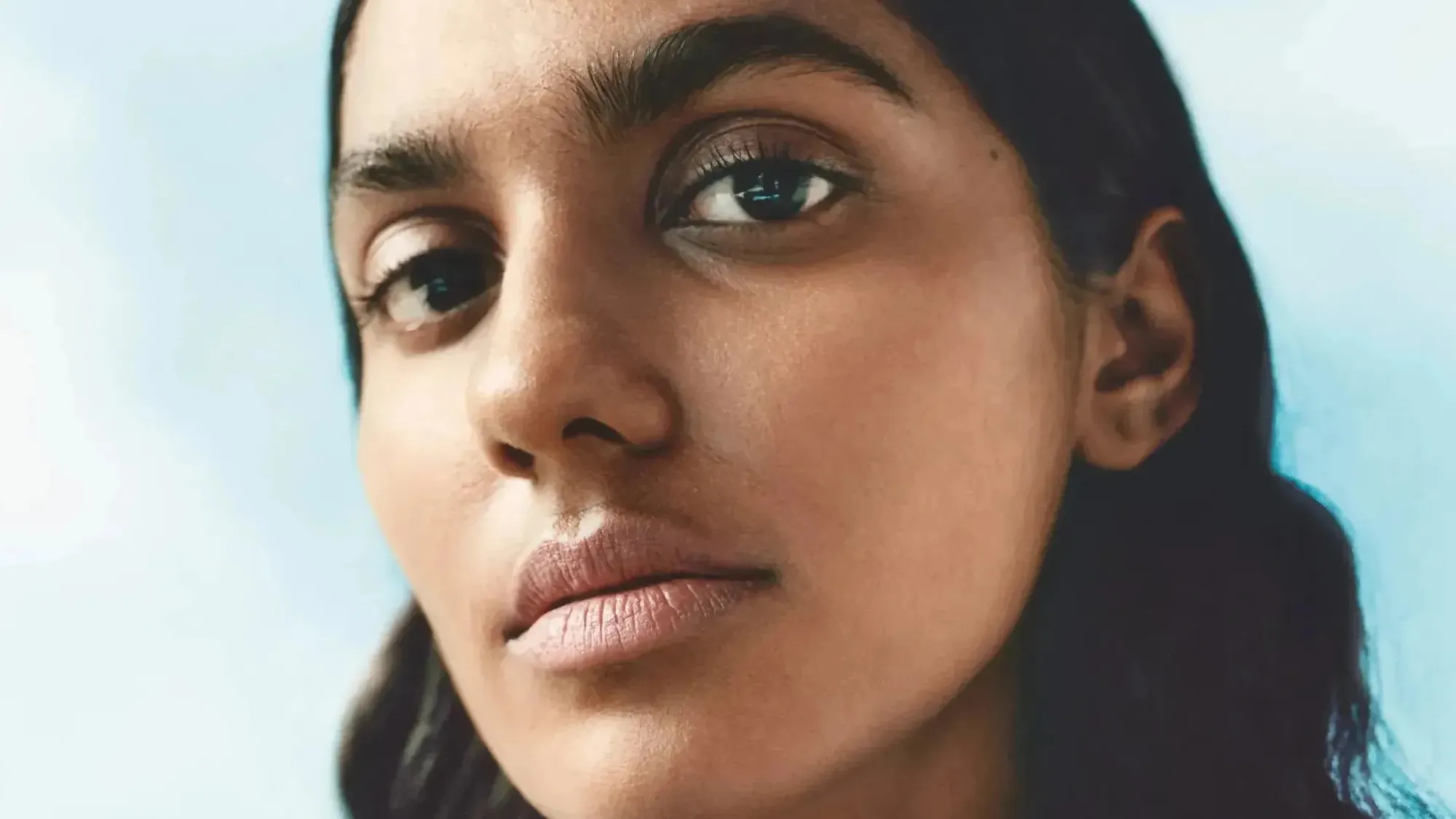By Audrey Noble
Copyright vogue

Claims of hair loss have caused quite a stir amongst matcha fans. Many are taking to social media to talk about the green tea’s downsides, from unexpected shedding to extreme hair thinning, and it’s causing matcha die-hards to question their favourite drink. How can something we’ve long been told the benefits of (boosts metabolism and brain function, lowers inflammation and keeps you focused and calm, to name just a few) all of a sudden cause this?
But before you toss out that fancy green matcha powder, there are a few things you should consider. Because if you’re losing hair while on a daily matcha kick, it might be pointing to a bigger issue altogether.
Does matcha cause hair loss?
The good news is that drinking matcha is not a direct cause of sudden hair loss. Instead, experts say that unexpected shedding may be due to matcha’s effects on your iron levels. As Heather Viola, DO, primary care physician and assistant professor of general internal medicine at Mount Sinai, explains, the iron found in plant-based foods (aka non-heme iron). They do this by binding with the iron in your digestive tract, making it harder for your body to absorb it. And when there’s an iron deficiency, it can cause you to shed hair.
Dr Viola goes on to say that while there is no “universal threshold” on how much matcha one can consume before it starts impacting your iron levels, there are studies that show that even 1 to 2 cups of matcha can reduce non-heme iron absorption up to 60 to 70%. But, this typically occurs if you drink matcha shortly before or after iron-rich meals and affects people who are vegan, vegetarian, or anaemic, or already have low iron levels to begin with.
Hadley King, MD, a New York City-based board-certified dermatologist, adds that matcha and green teas are packed with antioxidants and anti-inflammatory properties. For those reasons, she says matcha is usually viewed as being beneficial for hair health.
So, can you keep drinking matcha daily?
Experts agree that while drinking matcha every day isn’t inherently bad (it comes with loads of benefits), they do caution against any overconsumption of it. Dr Viola lists the following as some of the possible downsides of drinking excess matcha daily:
Caffeine-related side effects such as anxiety, insomnia, and headaches
Stomach irritation or digestive issues
Potential lead contamination
Teeth strain
May interact with medications
Possible liver stress in very high doses
If you just love matcha too much to completely cut it off, Samantha Dieras, RN, DCN, director of ambulatory nutrition services at Mount Sinai Hospital, says you don’t have to take such a drastic route. “If you enjoy it, [it] provides the benefits of drinking green tea,” Dieras says. Instead, she recommends being more thoughtful about the timing of when you consume it and what foods you can pair with it to offset the possible negative downsides. For example, you can drink your matcha about one to two hours before consuming iron-rich foods or make sure to add some vitamin C food with your iron-rich meals to increase absorption, she says. Also, be careful with the sweeteners and milk you add to your matcha, as they might contain unnecessary added sugars and other ingredients that are considered unhealthy.
As for the amount you’re consuming, Dr Viola says a safe limit would be about 2 to 3 grams a day (which is the equivalent of 2 to 3 cups). Because matcha is more concentrated than regular tea, she tells patients that drinking 4 to 5 grams a day regularly is too much. Your body will alert you when it’s reached its limit with matcha. She says that if you’re experiencing insomnia, jitteriness, headaches, acid reflux and other downsides, you may want to rethink that matcha latte. And if you are pregnant or breastfeeding, have caffeine sensitivity, take certain medications, have an iron deficiency or liver issues, it’s best to avoid daily matcha drinking. Other than that, you should be okay.
“Overall, if you’re healthy and moderate your intake, matcha can absolutely be part of a daily wellness routine,” she says. “Just be mindful of your body’s signals and iron status.”
What can you do about the shedding?
Dr King says that hair loss is a complicated subject that can have many different causes. The most common causes, she says, are usually genetics, stress and hormones. While diet can also be a factor, she says other deficiencies such as vitamin B, zinc and vitamin D deficiency, as well as insufficient protein intake, can lead to hair loss. Your best bet, as always, is to ask a dermatologist or your doctor for answers. “It’s reasonable to cut back if you are drinking large amounts of matcha, but in most cases, hair loss is not caused by a single dietary factor,” she adds. “See your doctor for a thorough assessment.”
This article first appeared on Vogue.com
Of course I like matcha, I used to eat chalk
How do you know if the matcha you are drinking is healthy? This is what nutritionists say
Can too much matcha cause an iron deficiency?



